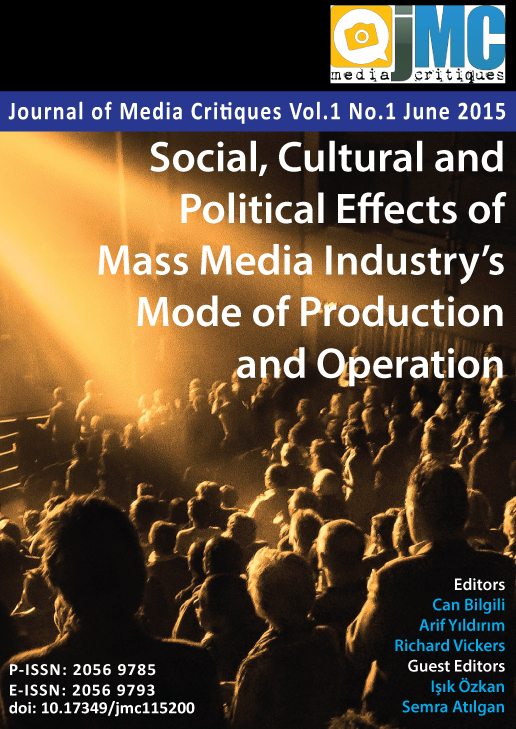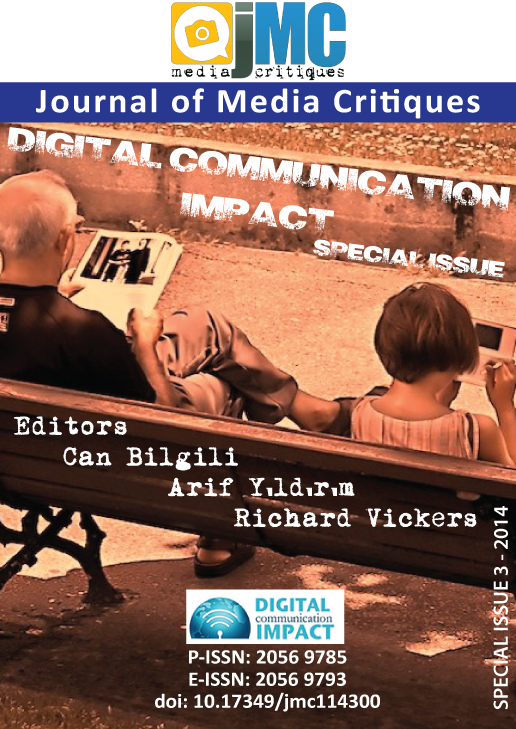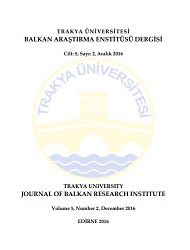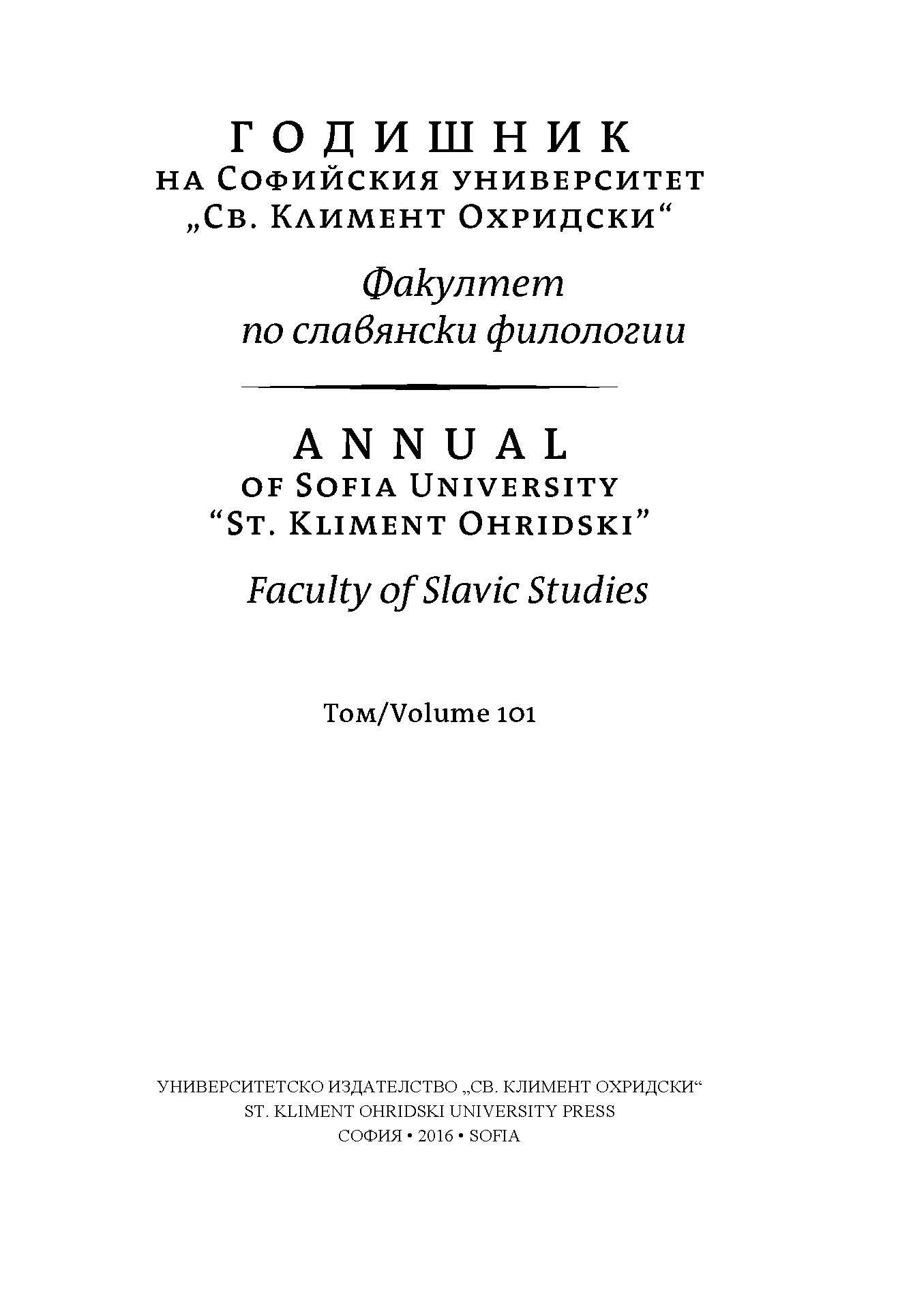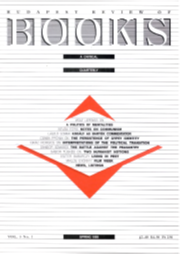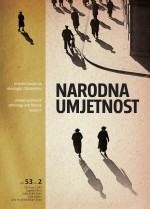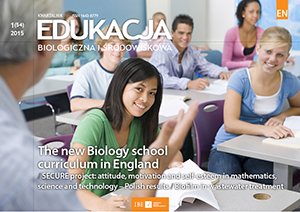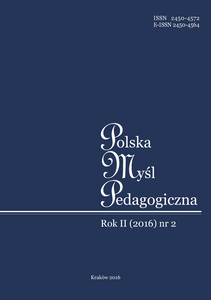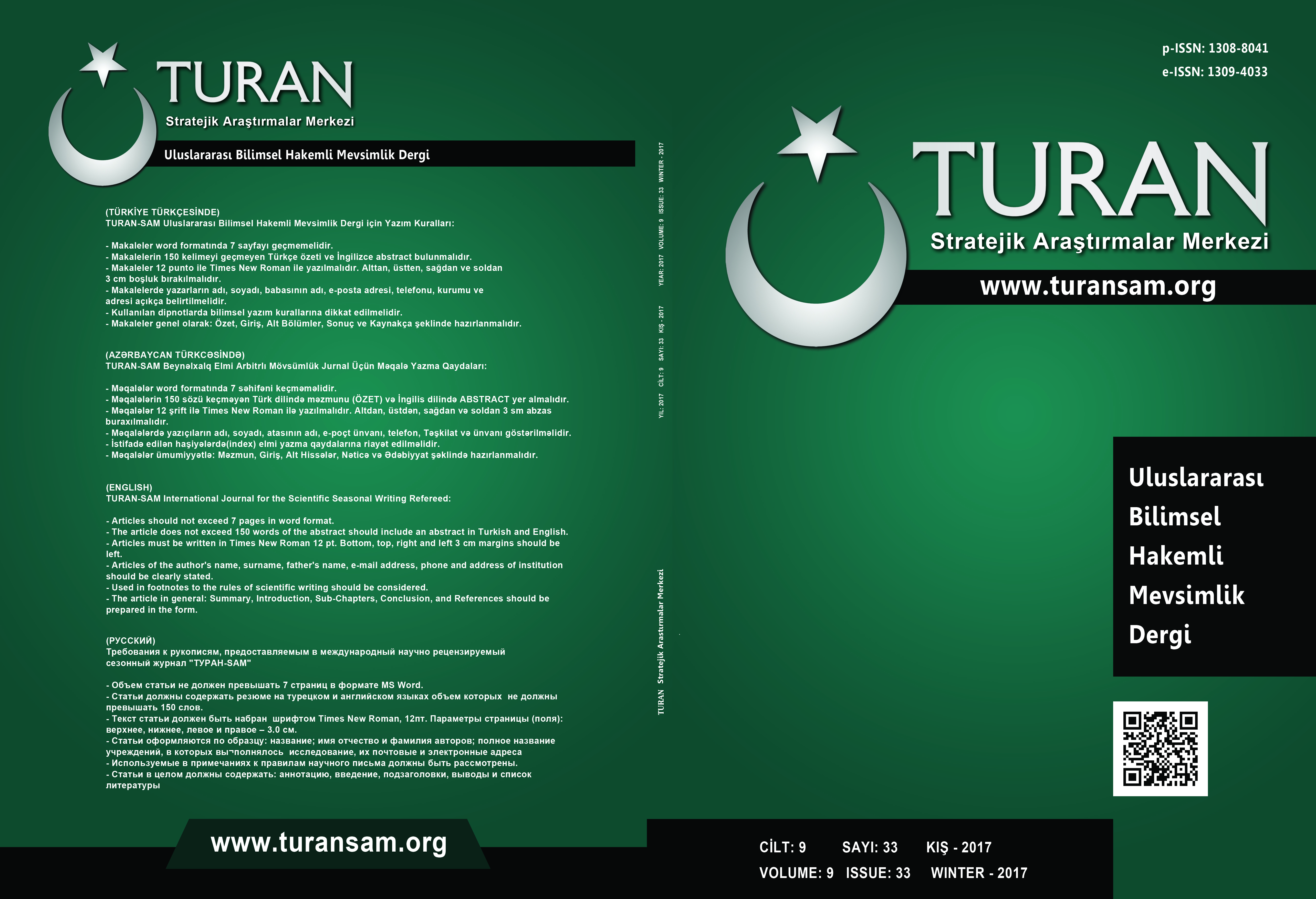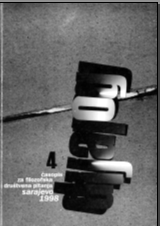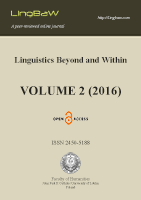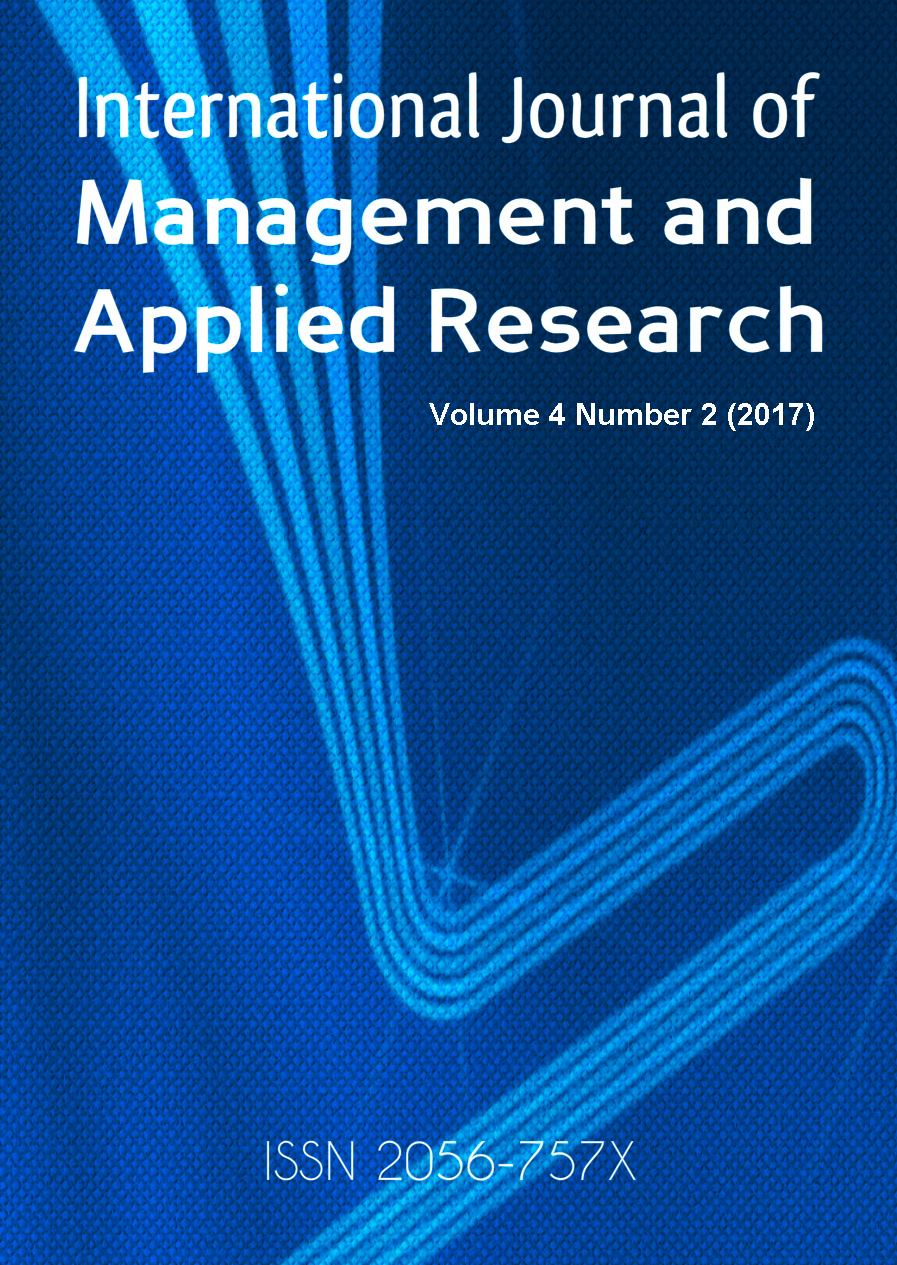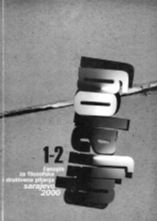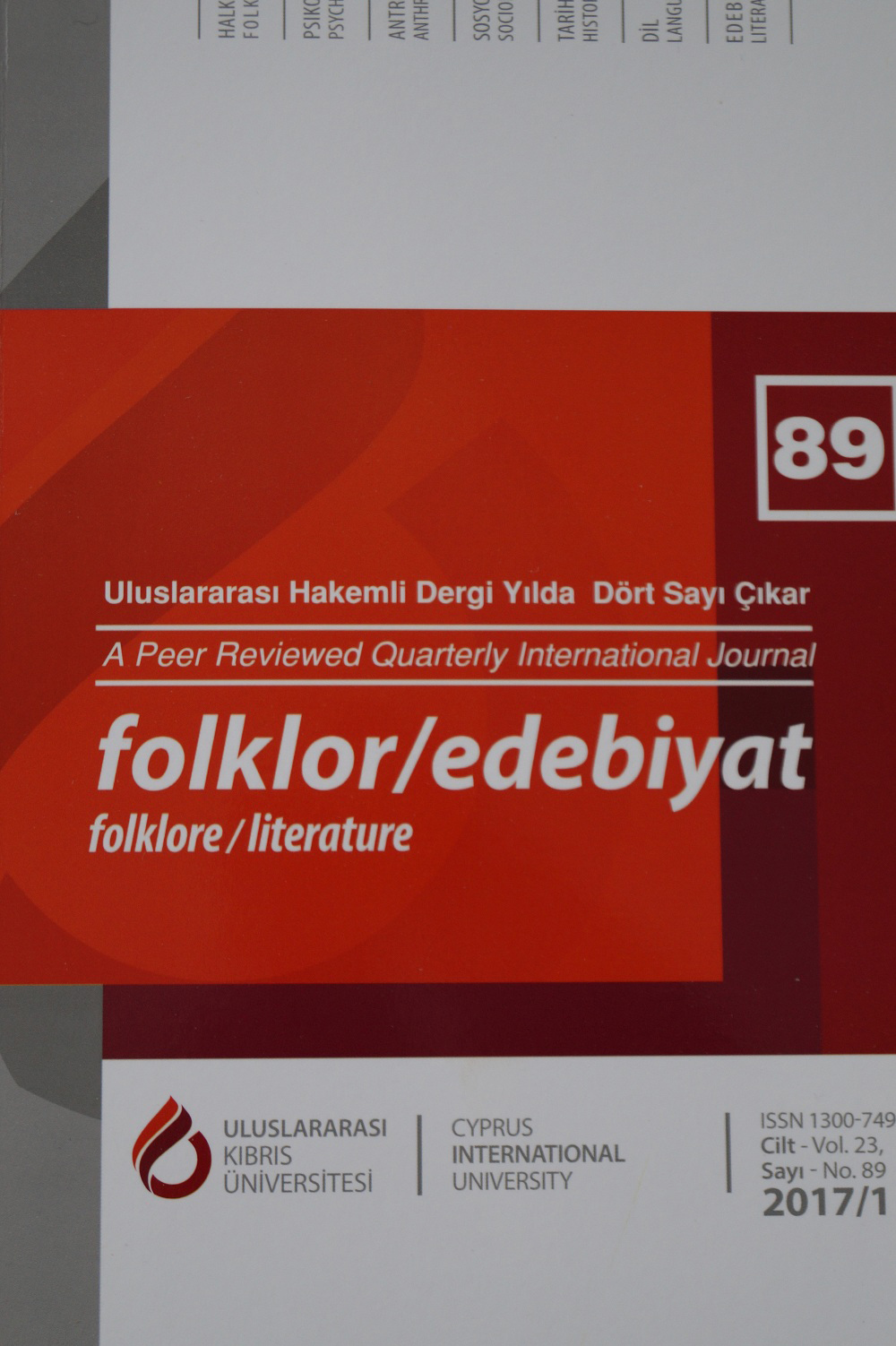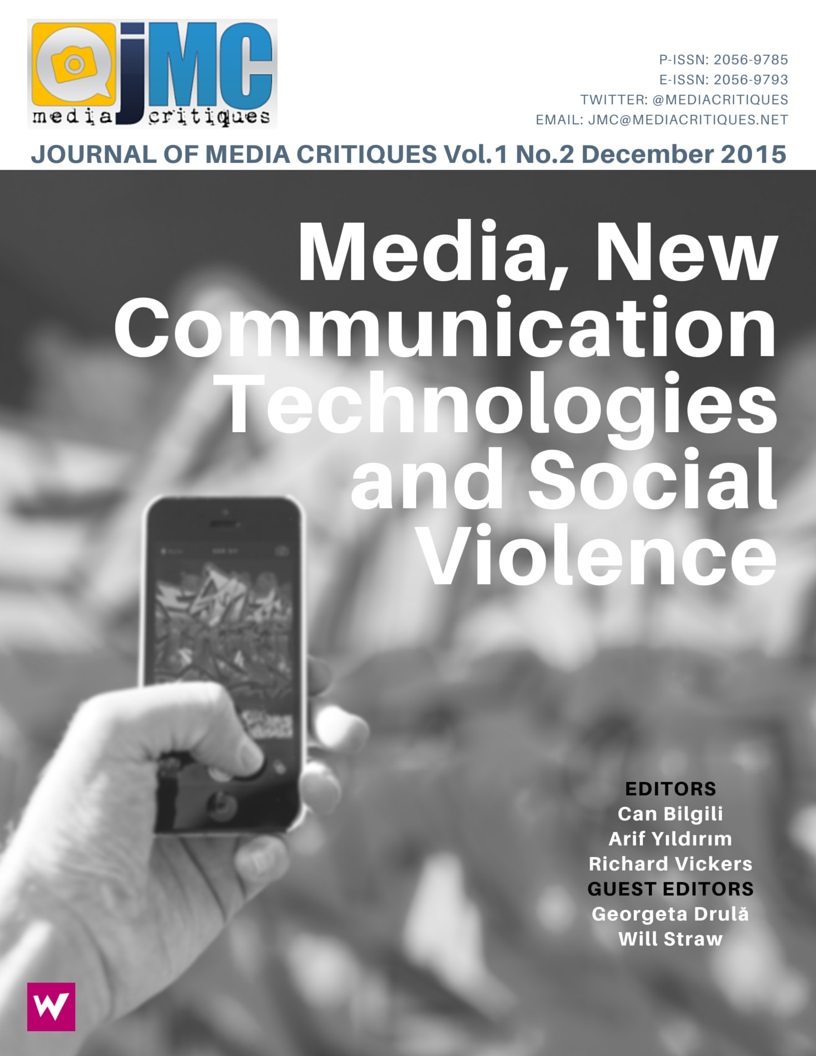
DEPRIVATION, CLASS AND IDENTITY ISSUE IN CONTEMPORARY TURKISH CINEMA
New economy–politics and globalization have not only been changing the structure of class but the representation of identities as well. New social roles are reproduced and also criticized by the means of cultural production in which media and cinema instruments included. In past, the class structure and attachment to identities were effected by modernization process; in a similar way; in the current state of modernization, the new cultural sphere shaped by global communication networks and global consumption attitudes have been alternating the class structure and attachment to identity. With this context, this study analyzed some contemporary social realistic films (Zerre, Araf, Köksüz, Yozgat Blues) to understand how the position of individual changes within its role with herself and its relation to social institutions through a critical approach towards the dimensions of culture and economy-politics of the change. The aim is to start a discussion over cinema, about the effect of cultural change on class and representation of identity. The theoretic frame enlightening the change of the relation of the individual with her work, family, and society was built with the help of critical works. The economy-politics result of the globalization phenomenon has isolated the individual and detached her from its position, subject of politics. The structure of class has changed, the attachment to identity has weakened. The desperation of individual belonging to nothing, is a subject of cinema as well. The isolation and the deprivation of the new individual emerges as the very “violence” itself in the fantastic world of cinema.
More...
